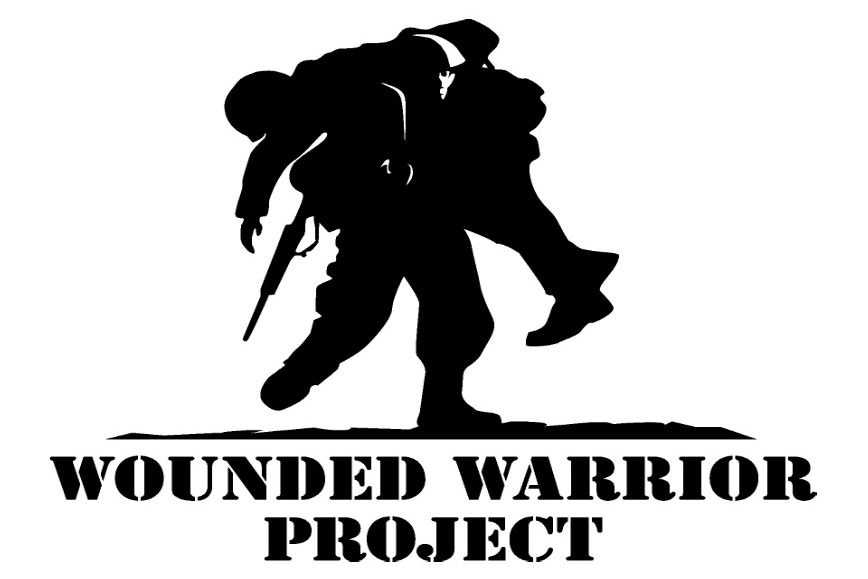Wounded Warrior Project (WWP) has demanded retractions from CBS Network and The New York Times after the two media companies published stories this week critical of the charity for its spending on administrative and management expenses.
Watchdog group Charity Navigator (CN), which awards Wounded Warrior Project three out of four stars, has added the organization to its watch list as a result of the recent coverage.
The Jacksonville, Fla.-based veterans charity was the subject of several news stories in which former employees criticized the organization for allegedly drifting away from its mission of serving veterans in recent years amid wasteful spending. WWP described them as “false statements made by a handful of former, disgruntled employees.”
CN styles itself as an impartial evaluator of publicly reported financial information but does not take positions on allegations or issues raised by third parties. To get placed on its watch list, Charity Navigator said it determines that the issues warrant “highlighting the information available so that donors are aware of the issues in question which may be relevant to their decision whether to contribute to this organization.”
An internal committee considers the reliability of the source of the information, the nature and scope, and seriousness of the charges or allegations, if proven, timeliness, and other factors relevant in each instance.
Wounded Warrior Project CEO Steven Nardizzi has been a leading critic of Charity Navigator for its focus on administrative and management costs rather than results and is a part of a fraternity within the sector that advocates aggressive fundraising and higher salaries to attract and retain the best employees.
He serves on the steering committee of the Charity Defense Council, founded by Dan Pallotta, who’s renowned – and sometimes reviled – for preaching a gospel that nonprofits must invest and spend more on marketing and fundraising to reach their ultimate goals, often invoking commercial enterprises like Apple or McDonald’s. In 2014, Wounded Warrior Project donated $150,000 to the fledgling organization that aims to become an “anti-defamation league” of sorts for the sector.
In letters to CBS Network and The New York Times, Executive Vice President of Communications Ayla Tezel expressed outrage about the coverage and demanded retraction of what she called false statements and a public apology to veterans and their families.
“We can only deduce that CBS willfully set aside the information WWP provided in favor of the false statements made by a handful of former, disgruntled employees,” she wrote. The letter cited four false statements in the CBS coverage: that WWP spent 60 percent on overhead; $26 million on conferences and meetings for staff; $3 million on an annual training conference that was “nothing more than a lavish party,” and a false statement by CBS that a charity official said “We don’t call warriors. Warriors call us.”
The organization has been among the fastest growing nonprofits the last several years, generating much of its growth through direct response television (DRTV) and online advertising for monthly donors, as well as licensing and cause marketing with corporate partners, as well as special events.
The charity aims to raise $1 billion to be able to fund future benefits, with $500 million to be raised during the next five years and $500 million that will come from investment earnings over a 20-year period. It’s placed almost $40 million toward its Long-Term Support Trust in the last two years.
WWP ranked No. 45 with $342 million on the NPT 100, a study by The NonProfit Times of the nation’s largest nonprofits; that’s up from $74 million just five years ago. The organization has been recognized, and often ranked first, in The NonProfit Times’ Best NonProfits To Work For, an annual study based on employee surveys, organizational offerings, and other metrics.
